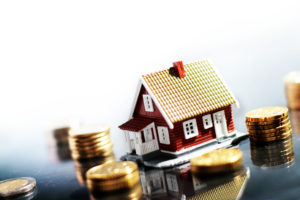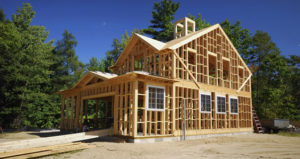How to Save Money When You’re Still Paying Rent
 Those who have bought their own home and feed their savings account regularly seem to have it all figured out. It’s very difficult to save money when there’s nothing left at the end of the month, though, and it tastes especially sour when you have to pay down on someone else’s mortgage.
Those who have bought their own home and feed their savings account regularly seem to have it all figured out. It’s very difficult to save money when there’s nothing left at the end of the month, though, and it tastes especially sour when you have to pay down on someone else’s mortgage.
But with so many benefits to renting an apartment, it should be possible to continue this flexible way of living while still getting the piggy bank nice and fat. Here are a few of the thriftiest money saving tips from tenants out there who actually manage to save, making the world a bit less unfair.
Ditch the gym
Gym memberships should be a thing of the past already. You need exercise, of course, but you don’t need to pay up every month to get moving; with apartments often being so incredibly central, it should be easy enough to find a local park for your morning jog.
Buy yourself a yoga mat and take care of your muscles at home, either with weights or your very own body weight. Paying for a gym membership is kind of like paying someone to cook for you; sure, it’s convenient, and everything is taken care of for you, but doing it yourself just makes a lot more sense. At least when you’re trying to save money.
Buy multitaskers
You already know that you should cook every meal at home, right, so we’re not going to waste time on explaining why. Apartments are often rather small, so it’s a good idea to find functional kitchen appliances you can use for multiple things. It makes it a lot more likely that you’ll get cooking even on a grumpy Tuesday evening, and you won’t hate the look of your cramped-up kitchen afterward.
Find green apartments
While you should always try to find someone to live together with as it will save you a ton of money, it’s also a good idea to look for greener apartments. Many apartments here have gas projects that allow you to save money on energy, while the best ones also offer GE appliances in the kitchen.
It’s the kind of stuff that makes rental life a bit more manageable – and if you discover a better offer somewhere else, you can always pack up and move without having to sell first.
Get a second job
The last one may not be the one you’d like to hear, but here it goes; when you rent an apartment, you’re often a bit closer to the action than the house owners are. It means that flexible jobs are within reach and you have a variety of options to supplement your income with and live within your means.
Boost your income, find an energy-efficient and reasonably priced apartment to rent with someone, and continue to cook at home. Here’s a handy article in case you need a bit of extra money quickly, by the way.
Increasing your income is the only way to drip a bit of cash into your savings account each month, and the best way to stay debt free for as long as possible.
















